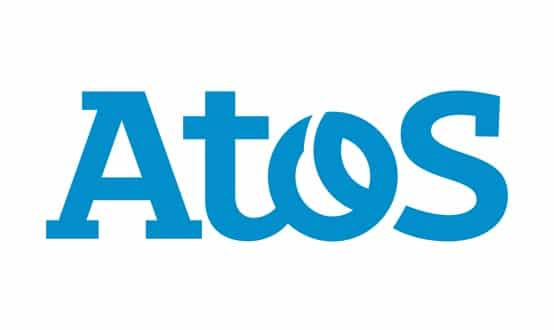Monaghan Promises IT Procurement Strategy by July
- 20 June 2002
Last week saw the publication of the new NHS IT implementation strategy, ‘Delivering 21st Century IT Support’ , as reported first by E-Health Insider. However, many key questions remain to be answered around how the new relationships with suppliers will work, how procurements can be accelerated and how the whole programme can be rapidly delivered.
Speaking at the UK E-Health Association conference in Cardiff on the same day that Lord Hunt announced the new NHS IT implementation strategy in Birmingham, Ronnie Monaghan, head of industry relations at the NHSIA and a central figure in shaping the new strategy, said many of the remaining questions will be addressed in an accompanying new IT procurement strategy to be published in July.
The purpose the new implementation plan he explained was about "Building an environment for e-health". The strategy is about implementing existing targets more effectively, not setting new targets, stressed Monaghan.
The main change will be for the centre to take great central control. As part of this process Monaghan revealed that he will work to the new NHS IT Programme Director currently being recruited, rather than within the NHS Information Authority as he currently does.
He said the strategy aimed to address “a lack and loss of confidence in the NHS to successfully implement IT”, and overcome a lack of "unequivocal leadership commitment". Without that leadership he said the strategy was not doable.
However, he admitted that it was not yet clear whether the new NHS IT Programme Director will have overall responsibility for delivering the strategy and have the power to direct the work of the new strategic health authority chief information officers or the NHSIA and IPU. "You’ll have to wait until the procurement strategy paper comes out," he advised E-Health Insider.
Monaghan stressed the scale of the challenge was huge, saying that there are an estimated 3 million separate critical processes carried out in the NHS every day, and up to 30 million carried out every week. "That’s a pretty big challenge for e-health to meet".
However, he stressed that IT is now seen as critical to NHS modernisation objectives. “It has been pushed right up there as a major pillar of success for the NHS,” said Monaghan. "There has been a watershed in funding and the agreed future of the NHS," he stressed.
With extra money committed the priority is now on delivering improved services. "We have to ensure that investment translates into reform and capacity growth".
A key part of developing capacity growth will be build new partnerships with industry. "We need to develop deep IT partnerships with industry to develop capacity".
Another key to success Monaghan said will be to develop a new procurement strategy. "We need to have a radical look at how procurement is done said Monaghan".
A new procurement strategy, which is promised to dramatically speed up procurements and set out a new relationship with suppliers, is pledged for July. This new procurement strategy will be critical as it will address how procurement will be speeded up and work at both national and local levels.
In its guidance published last week the DH said: "As we firm up the new procurement strategy further advice will also be given as to how the migration to the new arrangements will be made".
Last week’s update also made the key pledge that the national programme and implementation plan for IT will be subject to the Gateway process with the Office of Government Commerce (OGC). The Gateway process is designed to improve the management of major IT activity involving procurement or partnering.
As Monaghan admitted the picture is evolving very rapidly. "The new procurement strategy is being worked on at a rapid pace," he told the audience in Cardiff.




